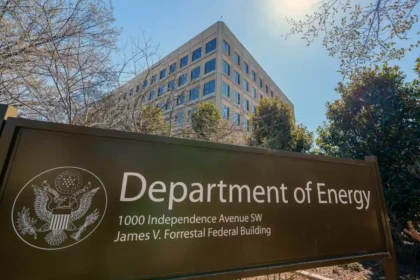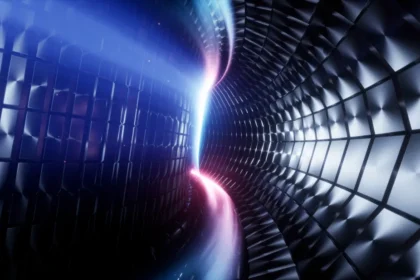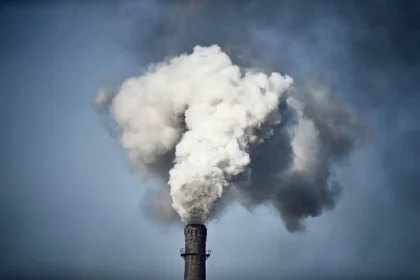The U.S. Department of Energy (DOE) announced late Wednesday that it is canceling 321 awards valued at $7.56 billion, most of which were tied to clean energy initiatives.
While the agency has not yet released a full list of affected projects, reporting from E&E News and Heatmap shows that the cuts disproportionately impacted states that voted for Vice President Kamala Harris in the last presidential election, though some projects in Trump-voting states were also affected.
Among the largest cancellations was California’s $1.2 billion hydrogen hub project, the Alliance for Renewable Clean Hydrogen Energy Systems. Hydrogen hubs in Texas and Louisiana were also reportedly scrapped. In addition, at least 10 direct air capture (DAC) projects totaling $47.3 million were eliminated, though projects in Alaska, Kentucky, Louisiana, and North Dakota survived.
Other states losing clean energy funding include Colorado, Connecticut, Delaware, Florida, Hawaii, Illinois, Iowa, Maryland, Massachusetts, Minnesota, New Hampshire, New Jersey, New Mexico, New York, Oregon, Tennessee, Vermont, and Washington.
The awards had originally been granted by DOE offices focused on advanced energy research, clean energy demonstrations, efficiency, fossil energy, grid deployment, and manufacturing. DOE noted that 26% of the grants were made between Election Day and Inauguration Day, a period that has become politically sensitive.
OMB Director Russell Vought confirmed that 16 Harris-voting states were on the list of cuts, framing the move as the cancellation of “the Left’s climate agenda.” However, his comments omitted mention of Trump-voting states also affected by the cancellations.
The Trump administration has signaled strong opposition to the energy transition. Earlier this year, DOE canceled $3.7 billion in awards across clean energy and manufacturing, while the EPA rescinded $20 billion in contracts, moves that have sparked a wave of lawsuits.
Some awardees have already appealed the latest cancellations, as DOE gives recipients 30 days to contest the decision. Legal challenges are expected, though courts have so far issued mixed rulings on similar cases.






